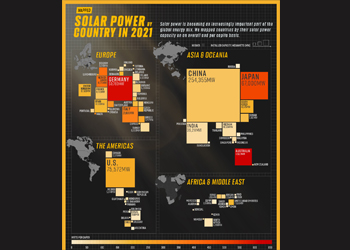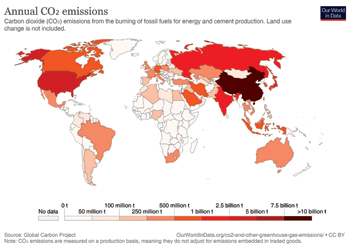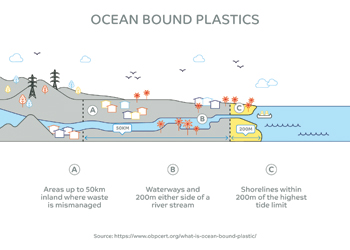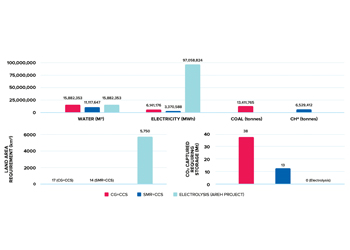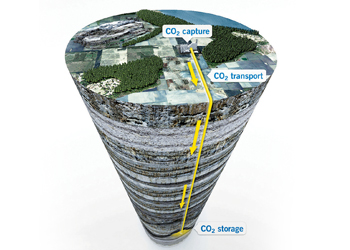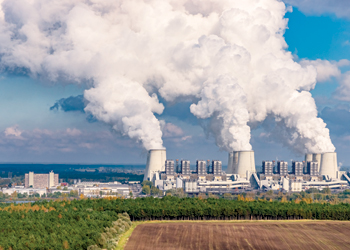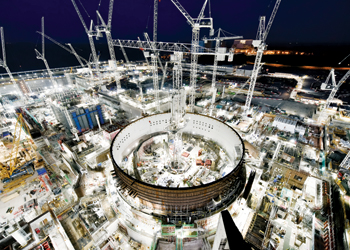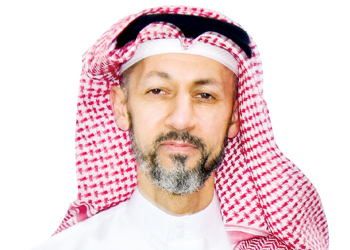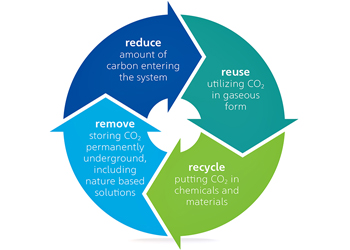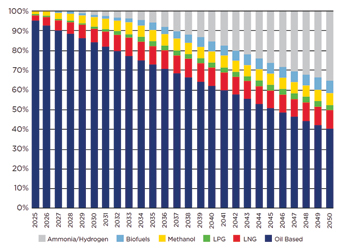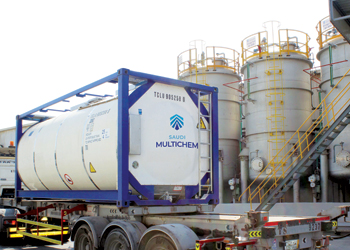
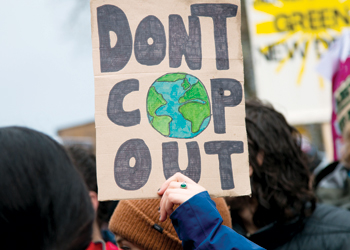 COP26 ... world needs to deliver on climate commitments
COP26 ... world needs to deliver on climate commitments
The calls for fighting climate change have gotten louder and clearer. World leaders at a series of global events, mostly recently COP26 in Glasgow, Scotland, made yet another non-binding agreement to keep our hot planet from burning out.
Alok Sharma, the COP26 President, called the Glasgow Pact a collective dedication, adding, "We must now move forward together and deliver on the expectations set out in the … Pact."
Some 153 countries (of the nearly 200 participating countries) pledged new 2030 emissions targets. That’s Over 90 per cent of world GDP now covered by net zero commitments.
To deliver on these targets, the commitments include moving away from coal power, halting and reversing deforestation, reducing methane emissions and speeding up the switch to electric vehicles (EVs).
COP26 sort of finalises the Paris Agreement of limiting temperature rise to between 1.5 and 2 deg C
In 2018, the Intergovernmental Panel on Climate Change (IPCC) found emissions cuts by industries would not be enough to attain the 1.5 deg C goal, saying so-called ‘negative emissions’ would be needed to hold temperatures down in case of an overshoot.
To keep from overshooting the 1.5 deg C target, emissions must fall 45 per cent this decade, the IPCC said (see page 12 for global emissions report).
Soon after COP26 was over, another key summit of the energy sector in Abu Dhabi echoed similar sentiments.
Adipec 2021, considered an influential event for the global energy industry, underscored the sectors’ readiness to embrace the challenges of energy transition.
Mohammad Barkindo, Secretary-General, Opec, said: "The challenge is managing how to reduce greenhouse gas emissions that have been impacting our climate."
In this targeted race, technology will play the biggest role. Increasing investments have to be made in technologies like carbon capture (see report on page 17), hydrogen (see report on page 18), renewables (see report on page 14), and even nuclear (see report on page 11) to offset any disbalance that might occur from reducing our dependency on fossil fuel.
To be fair to the technologically less advanced countries, any useful technology in this regard must be unconditionally shared with them so they don’t fall behind their commitments and at the same time meet their energy needs to viably run their economies.
For the GCC countries, which still depend heavily on oil and gas for their revenues, technology provides the only solution to them meeting their tall net-zero commitments.
Major oil producers like Saudi Arabia and the UAE are undertaking heavy investments in clean energy projects and climate-friendly technologies.
The GCC region is poised for a significant take-off in carbon capture and storage (CCS) activity over the next decade. It is estimated that facilities in the UAE and Saudi Arabia already account for 10 per cent of global CO2 captured each year, much more than Europe’s four per cent.
Forums like COP26, ADIPEC and the Middle East Green Initiative serve as vital reminders of our shared interests and common future. They keep prompting us of time that’s fast running out, and much needed action.
However, action on climate change is not just about making net-zero pledges, but working out the practical steps for how countries and companies can successfully achieve them.
Moving towards renewable energy and being more energy efficient is a huge undertaking that requires constant review, assessment and guidance.
Setting short term targets and reporting on progress, with transparency on what’s working, and what can be improved, is essential to build trust, learn lessons and work collaboratively.




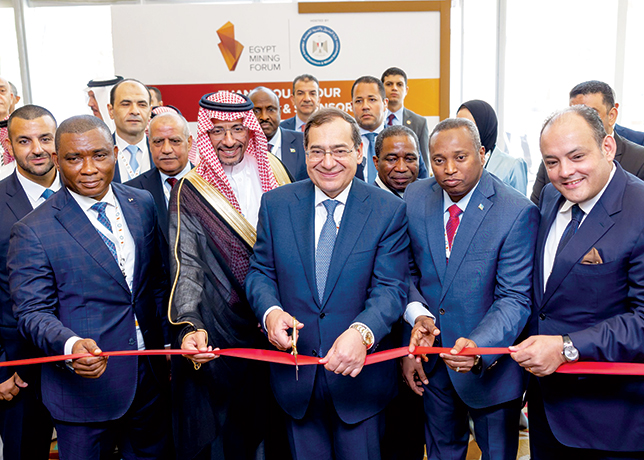
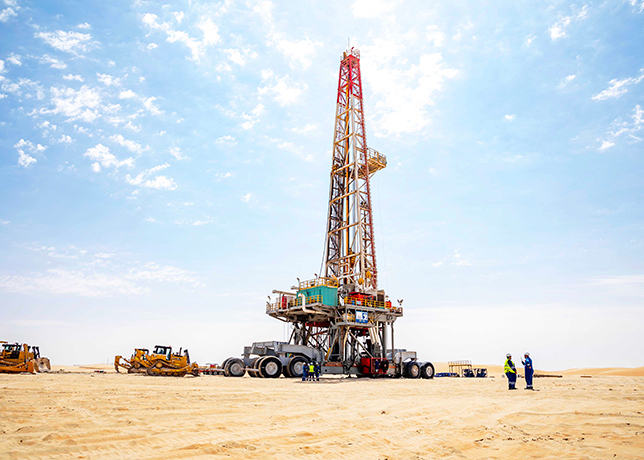

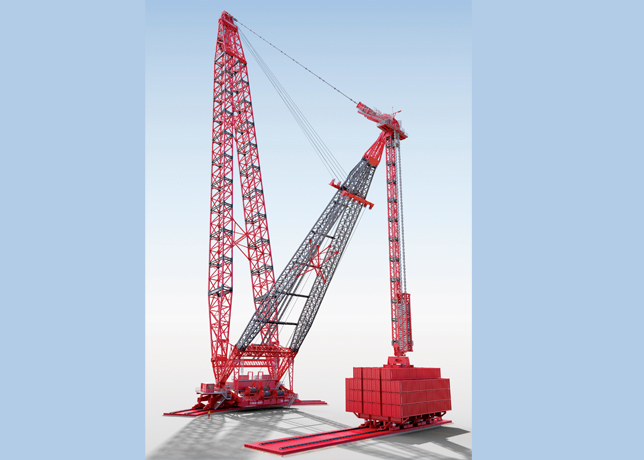


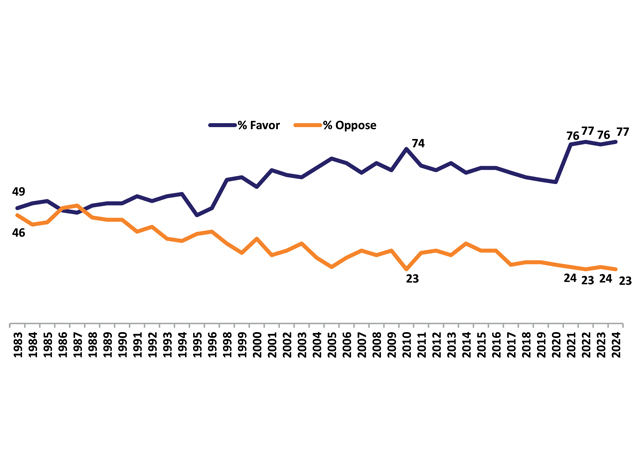
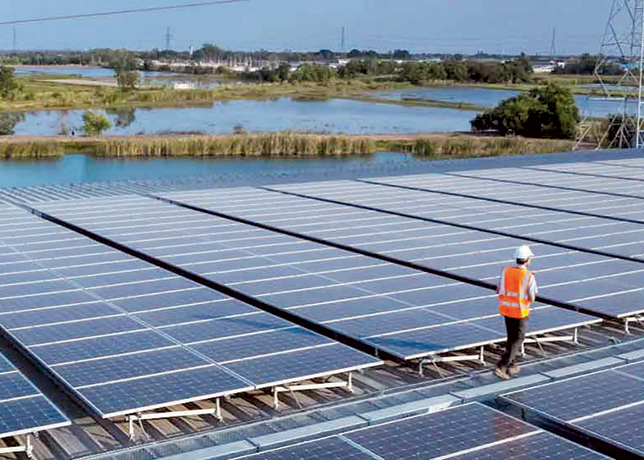

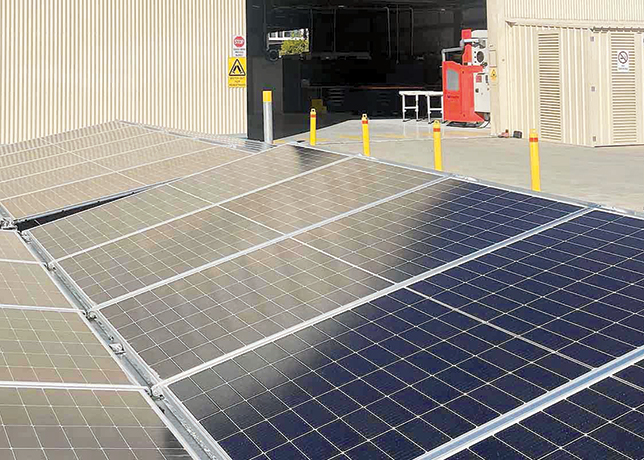
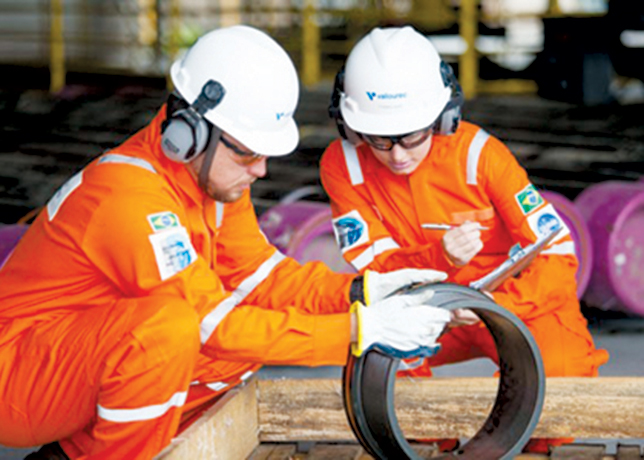
.jpg)

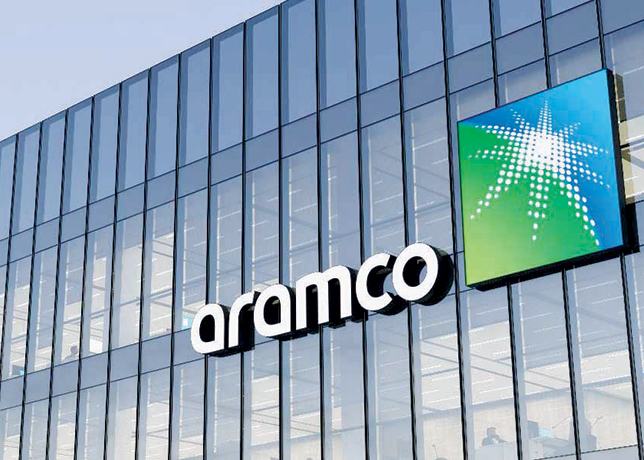
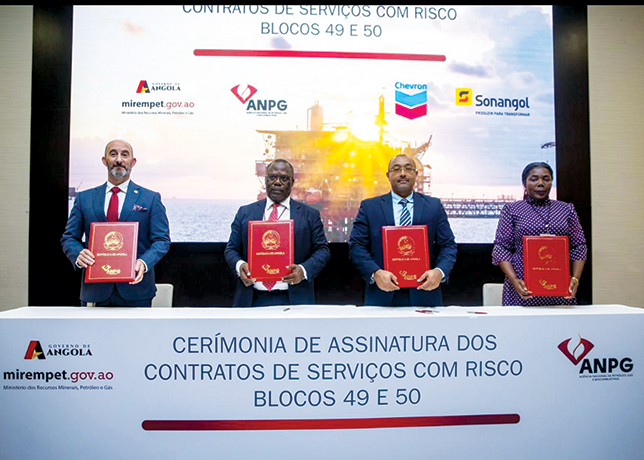
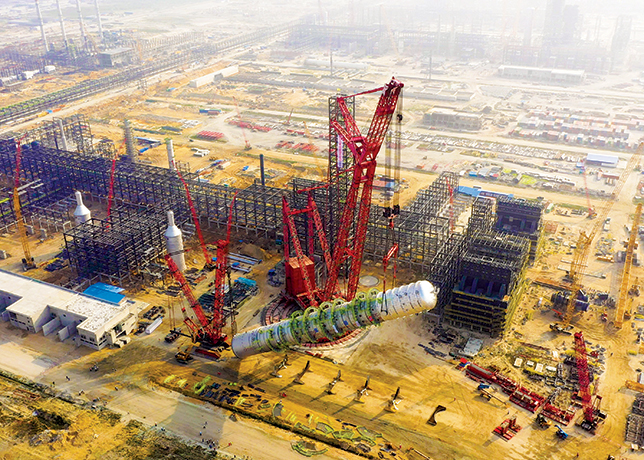
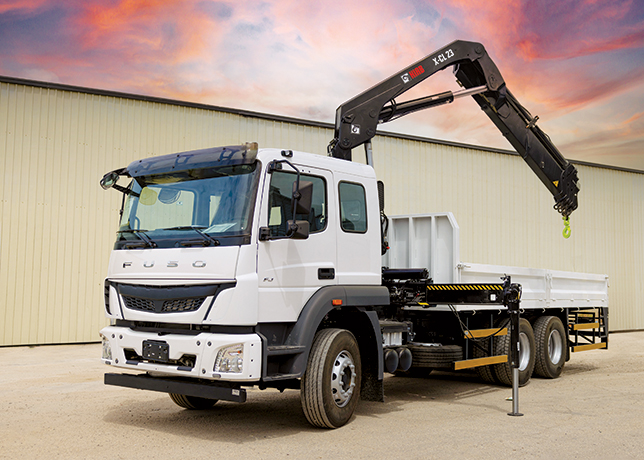
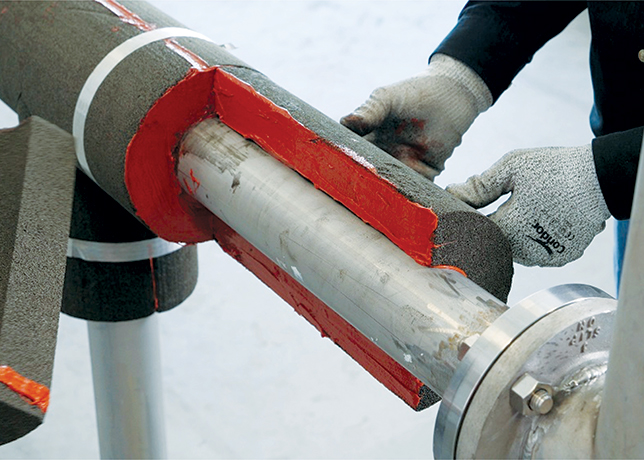
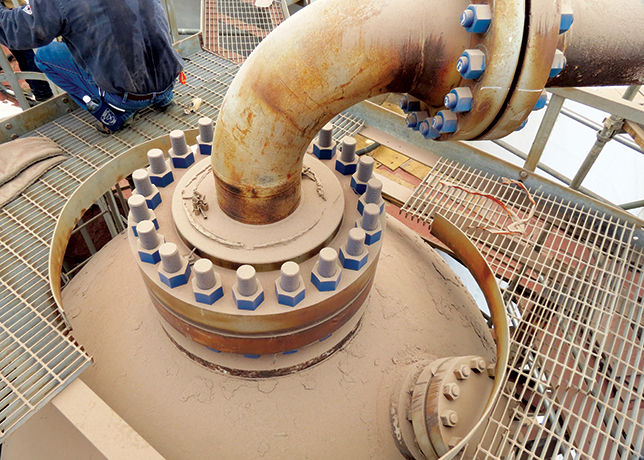
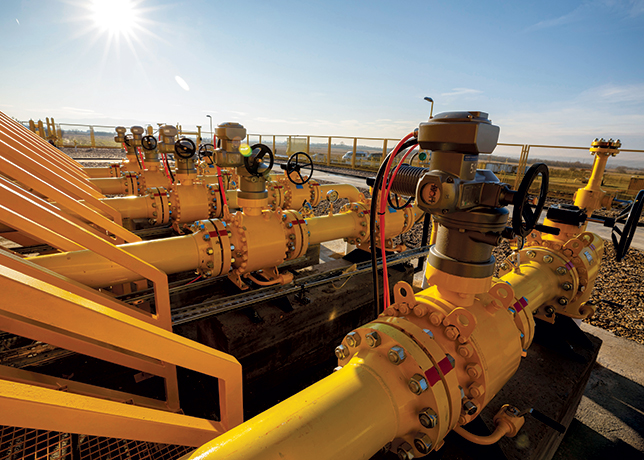

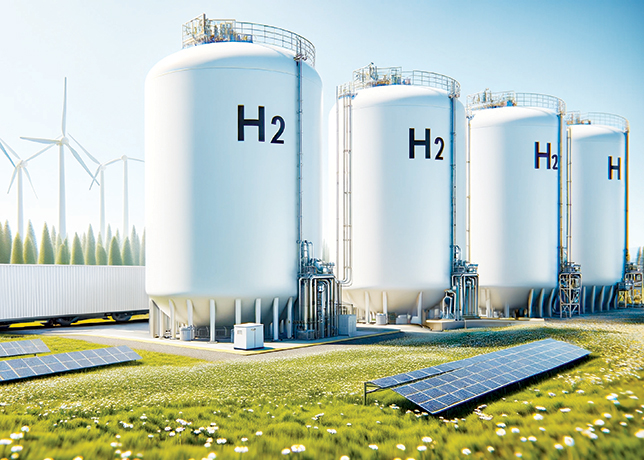
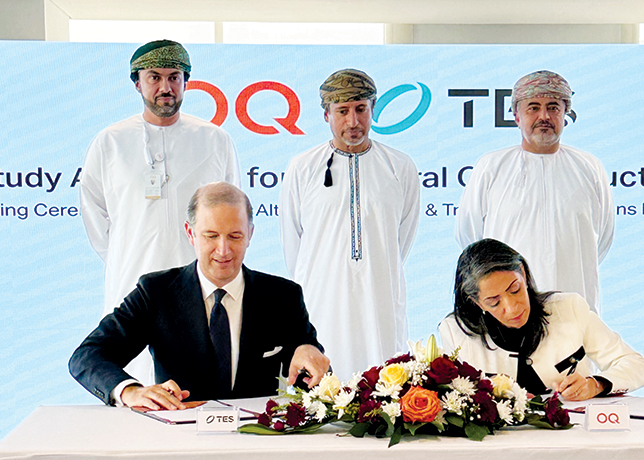
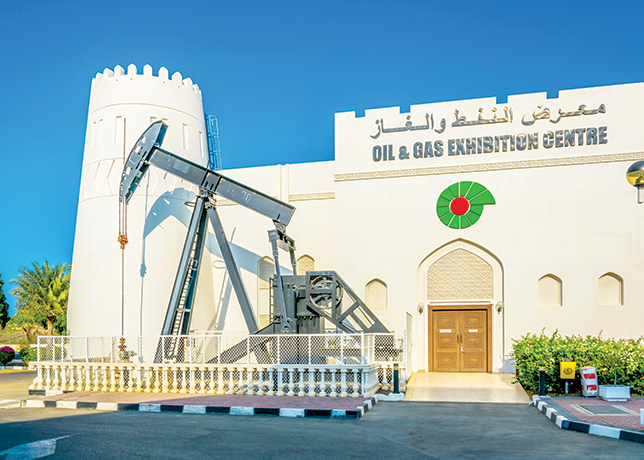
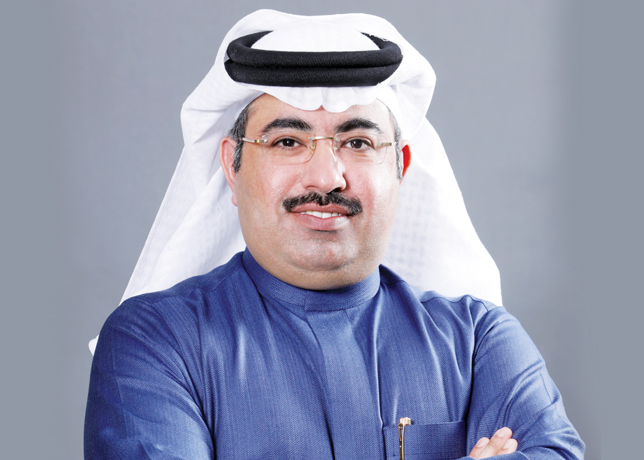
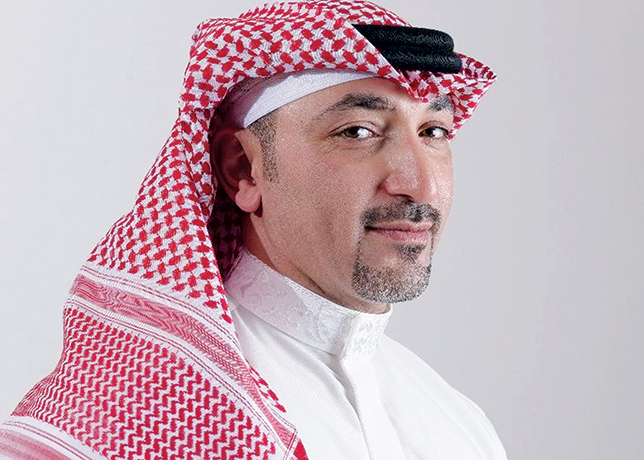
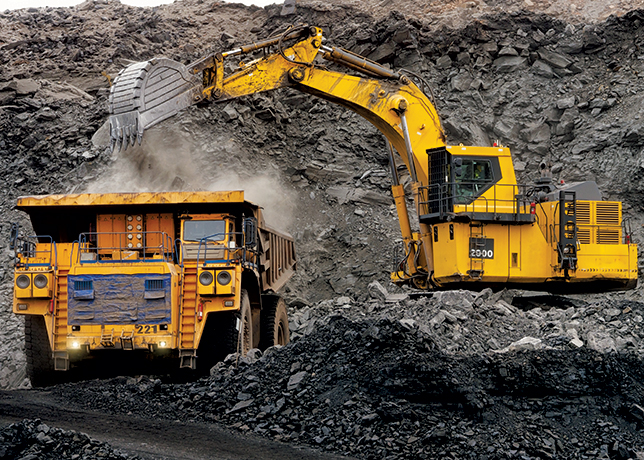























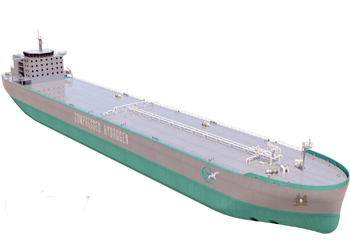
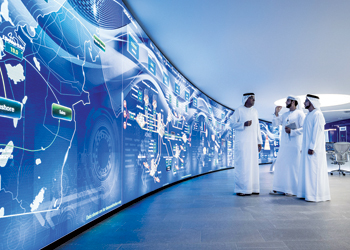
-...jpg)
